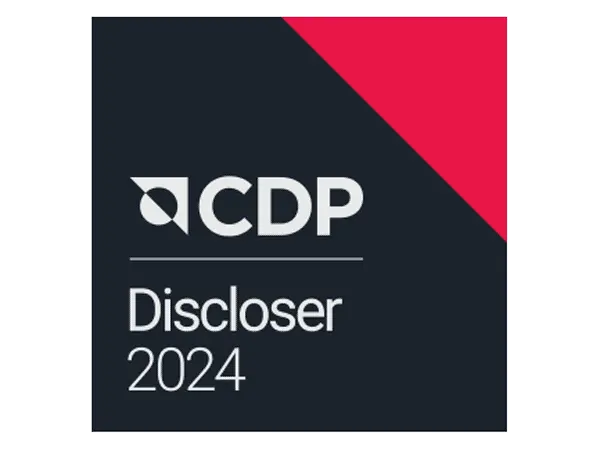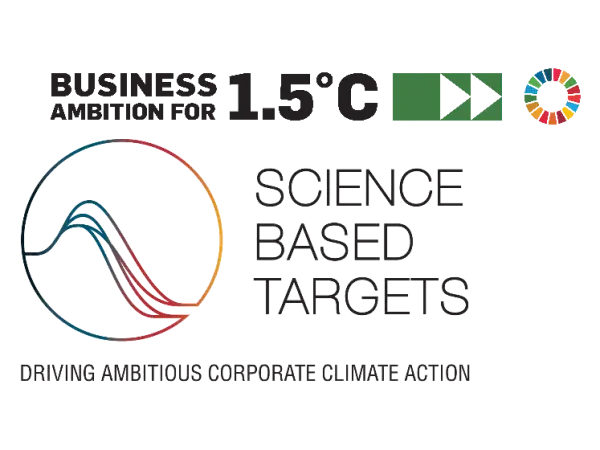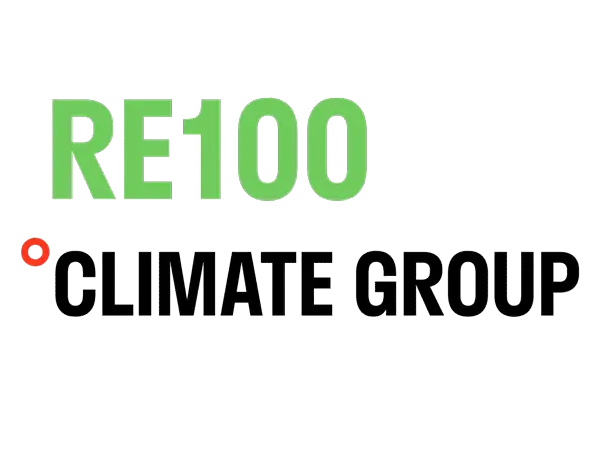Greenhouse Gas (Carbon Footprint) Assessment and Consultancy
Greenhouse Gas (Carbon Footprint) Assessment is the process for quantifying and managing an organization's carbon footprint. It involves identifying, calculating, and evaluating the organization or product level GHG emissions to understand the impact and to develop strategies for emission reductions. DEKRA supports organizations with GHG with assessments and consultancy services for you to meet emerging regulatory, investor, and customer demand.
Conducting a GHG assessment involves defining the scope, collecting and analyzing data, calculating emissions, and developing strategies for reduction. By systematically following these steps, DEKRA helps organizations to gain a clear understanding of their carbon footprint, identify opportunities for improvement, and effectively manage their GHG emissions to support sustainability goals.
Additionally, with a well-structured GHG assessment conducted by DEKRA, we enable companies to identify and prioritize key emission sources, helping them focus on the most impactful areas for reduction. This process highlights current inefficiencies and uncovers potential cost-saving opportunities through improved energy use and optimized processes.
Comprehensive GHG assessments are instrumental in meeting regulatory requirements and enhancing transparency with stakeholders, thereby building trust and reinforcing the organization's commitment to environmental stewardship. By embracing a comprehensive approach to GHG management, businesses can pave the way for a more sustainable and resilient future, contributing to global climate mitigation efforts.
A structured approach to conducting a comprehensive GHG assessment.
Defining the Scope of your GHG Assessment
Before initiating a comprehensive Greenhouse Gas (GHG) assessment, it is essential to define the scope of the assessment, starting with determining the boundaries. Organizational boundaries should be clearly defined to specify which parts of the organization are included in the assessment, such as subsidiaries and joint ventures. This step ensures that the entire organizational structure is considered, leaving no part of the operation unexamined. Equally important is deciding on the operational boundaries, which involve determining which activities and processes will be assessed. These can range from direct emissions, like fuel combustion in company-owned vehicles, to indirect emissions resulting from purchased energy.
Data Collection of Greenhouse Gas Emissions
Calculate Emissions
Analyzing the Results
Assess Risk and Opportunities
Develop Reduction Strategies and Set Targets
Implement Reduction Measures
Monitor and Report your GHG Emissions Effectively
DEKRA supports your climate action initiatives with various services:
- Calculating GHG emissions
- Monitoring and reviewing measures to reduce carbon emissions (low-carbon strategy, transition planning)
- Monitoring and reviewing measures to compensate for GHG emissions
- Verification of your company as climate-neutral
Our GHG services in Assessment, Consultancy, Validation and Verification enhance your company’s long-term profitability, competitiveness, and help protect the planet. This is sustainability in action with strong conviction and passion.



